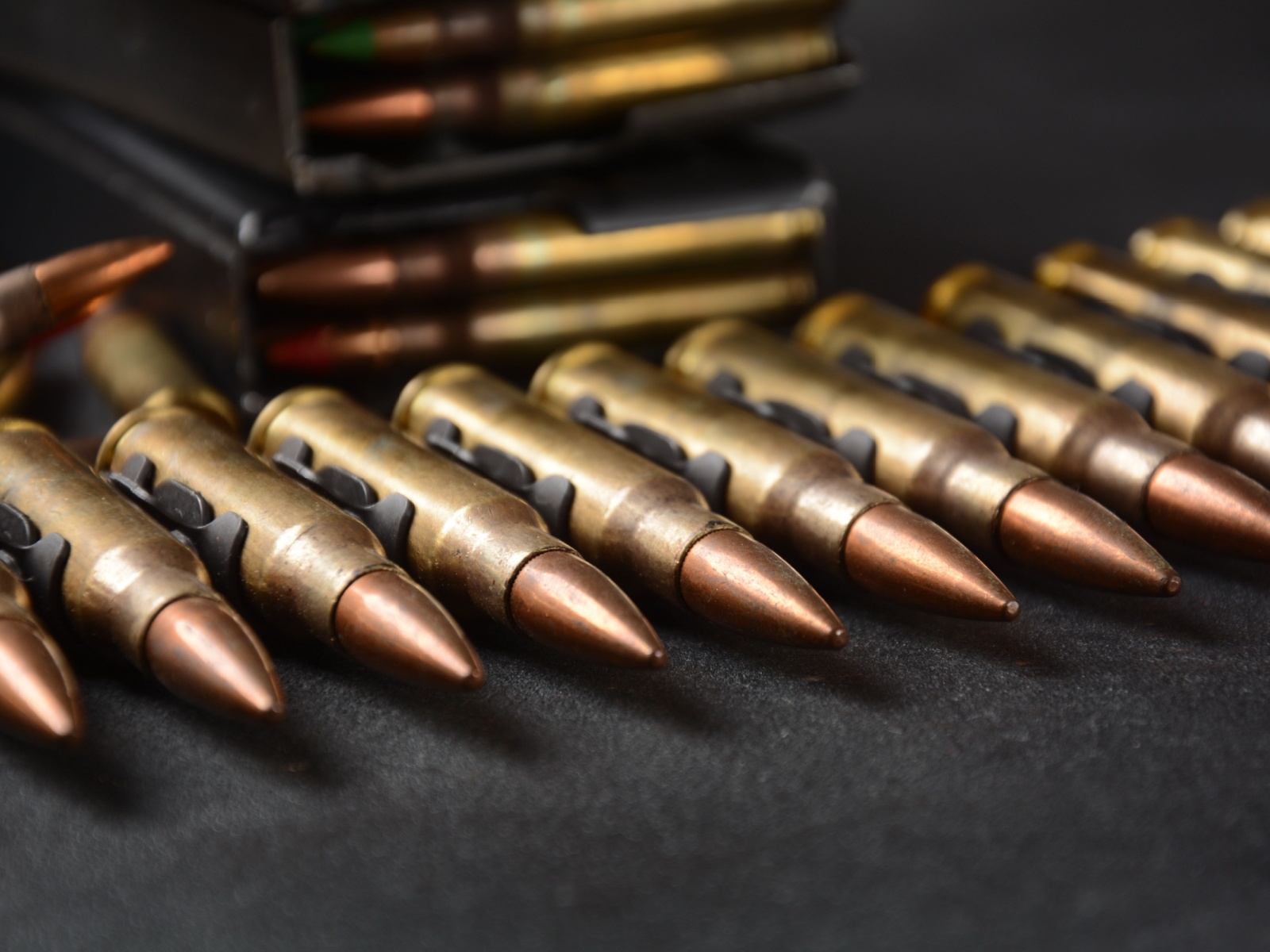DIN 1624 Stability Testing of Gunpowder
The DIN 1624 stability testing standard is a critical procedure used to evaluate the long-term reliability and performance of gunpowder formulations. This method ensures that gunpowder meets stringent quality standards, thereby enhancing safety and operational efficiency in military applications. The test aims to determine whether changes in environmental conditions over time affect the powder's properties adversely.
The process involves subjecting samples of gunpowder to controlled environmental parameters such as temperature, humidity, and light exposure. These conditions mimic real-world scenarios where stored ammunition is likely to be exposed during extended periods. By simulating these stressors, this testing helps predict how long a particular batch of gunpowder can remain stable before it becomes unusable.
Properly conducted DIN 1624 stability tests are essential for military organizations as they ensure that the weapons systems they deploy are reliable and effective when needed. For instance, in high-stress situations like combat operations or training exercises, there cannot be any doubt about the performance of ammunition. This testing also supports compliance with international standards set by bodies such as NATO and ensures adherence to local regulations.
During the test, various physical properties are measured regularly to assess stability. These include moisture content, mechanical strength, burn rate, and energy output. Changes in these parameters indicate potential degradation issues that could impact firing performance or safety. It is worth noting that while DIN 1624 focuses primarily on thermal and chemical stability, other factors like aging due to storage time should also be considered.
Preparation of the sample for testing plays a crucial role in ensuring accurate results. The gunpowder must be cut into uniform pieces or pellets to ensure even exposure to environmental elements throughout the test period. Careful attention is paid to avoiding contamination from external sources which might skew results.
The instrumentation used for this test includes temperature-controlled chambers, humidity sensors, and specialized equipment capable of measuring burn rates accurately. Advanced analytical techniques may also be employed post-test to analyze changes in chemical composition or structure.
After completing the prescribed duration of testing under specified conditions, samples are analyzed using established methods to compare their initial state with their final state after undergoing stressors over time. Any significant deviations from expected values suggest instability issues requiring further investigation into formulation adjustments or storage practices.
The results of DIN 1624 stability tests provide valuable insights for quality managers and R&D engineers responsible for developing new formulations or optimizing existing ones. Compliance officers can use these findings to ensure continuous adherence to relevant standards, thus maintaining a high level of trust within regulatory bodies and stakeholders alike.
- Customer Impact: Enhanced reliability and safety in military operations by ensuring ammunition remains effective over extended storage periods.
- Satisfaction: Increased confidence among end-users regarding the performance and longevity of weapon systems equipped with stable ammunition.
Customer Impact and Satisfaction
DIN 1624 stability testing directly impacts customer satisfaction by ensuring that the gunpowder used in military applications remains effective over extended periods. Reliable ammunition enhances operational readiness, reducing risks during critical missions. This translates into higher levels of trust among end-users who rely on these products for their safety.
- Customer Impact: Enhanced reliability and safety in military operations by ensuring ammunition remains effective over extended storage periods.
- Satisfaction: Increased confidence among end-users regarding the performance and longevity of weapon systems equipped with stable ammunition.
By conducting rigorous stability tests, we contribute significantly to maintaining high standards within the industry. Our services help organizations like NATO maintain robust supply chains, which are vital for strategic defense planning.
Environmental and Sustainability Contributions
Incorporating DIN 1624 stability testing into our service portfolio aligns with broader sustainability goals by promoting the use of environmentally responsible materials. By ensuring that gunpowder formulations meet strict criteria for durability, we minimize waste associated with prematurely discarded products.
This commitment to environmental responsibility extends beyond just the production phase; it encompasses lifecycle management practices throughout the supply chain. Through meticulous testing and continuous improvement initiatives based on validated data from stability tests like DIN 1624, we contribute positively towards reducing negative impacts on ecosystems.
Competitive Advantage and Market Impact
Offering DIN 1624 stability testing gives us a competitive edge in the market by providing unparalleled expertise and precision. Our comprehensive approach to testing ensures that our clients receive accurate, actionable insights which can drive innovation within their own organizations.
In today's rapidly evolving defense landscape, staying ahead of changing requirements is crucial. By leveraging DIN 1624 stability test results, we enable our customers to adapt quickly to new challenges while maintaining high standards of quality and performance.





